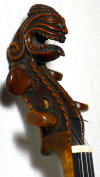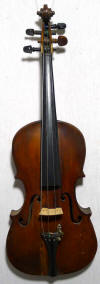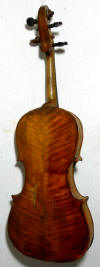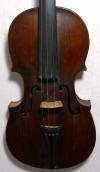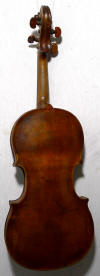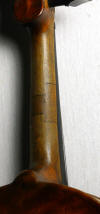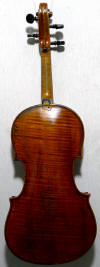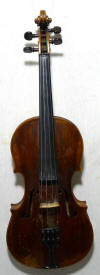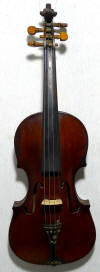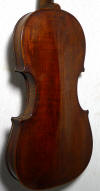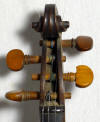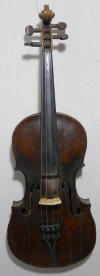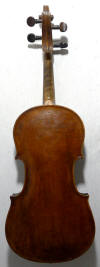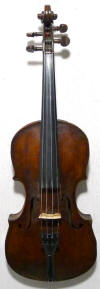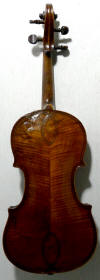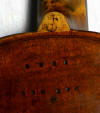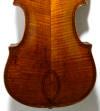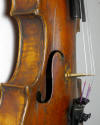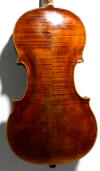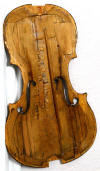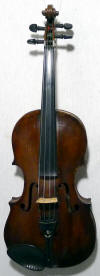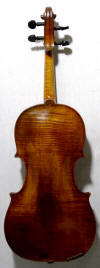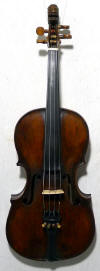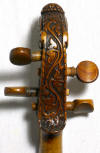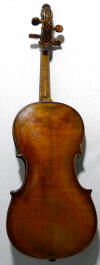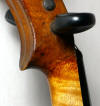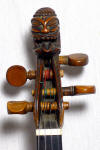|
Springers museum...... |
||||||||||||||||
|
Early violins, parts and development |
||||||||||||||||
|
UNDER CONSTRUCTION |
||||||||||||||||
|
||||||||||||||||
|
The exception which occurred was to the neck. The original baroque necks were shorter with both the neck and fingerboard getting thicker to the body. The neck was also parallel to the body edge. About the turn of 1800 onwards the necks were made longer. Transitional violins still had parallel but longer necks. The standard neck as still used today was parallel longer and set at an angle, not longer with a tapered fingerboard. The result was gradually all the good violins were converted with a new neck fitted with the original peg-box /scroll grafted in grafted. Cheaper violins were often given complete necks/scrolls |
||||||||||||||||
|
||||||||||||||||
|
See Also:- |
||||||||||||||||
|
Hardanger Fiddles Pochette and kit violins Metal violins Decorated violins Unusual violas Fakes Mute violins |
||||||||||||||||
|
|
||||||||||||||||
